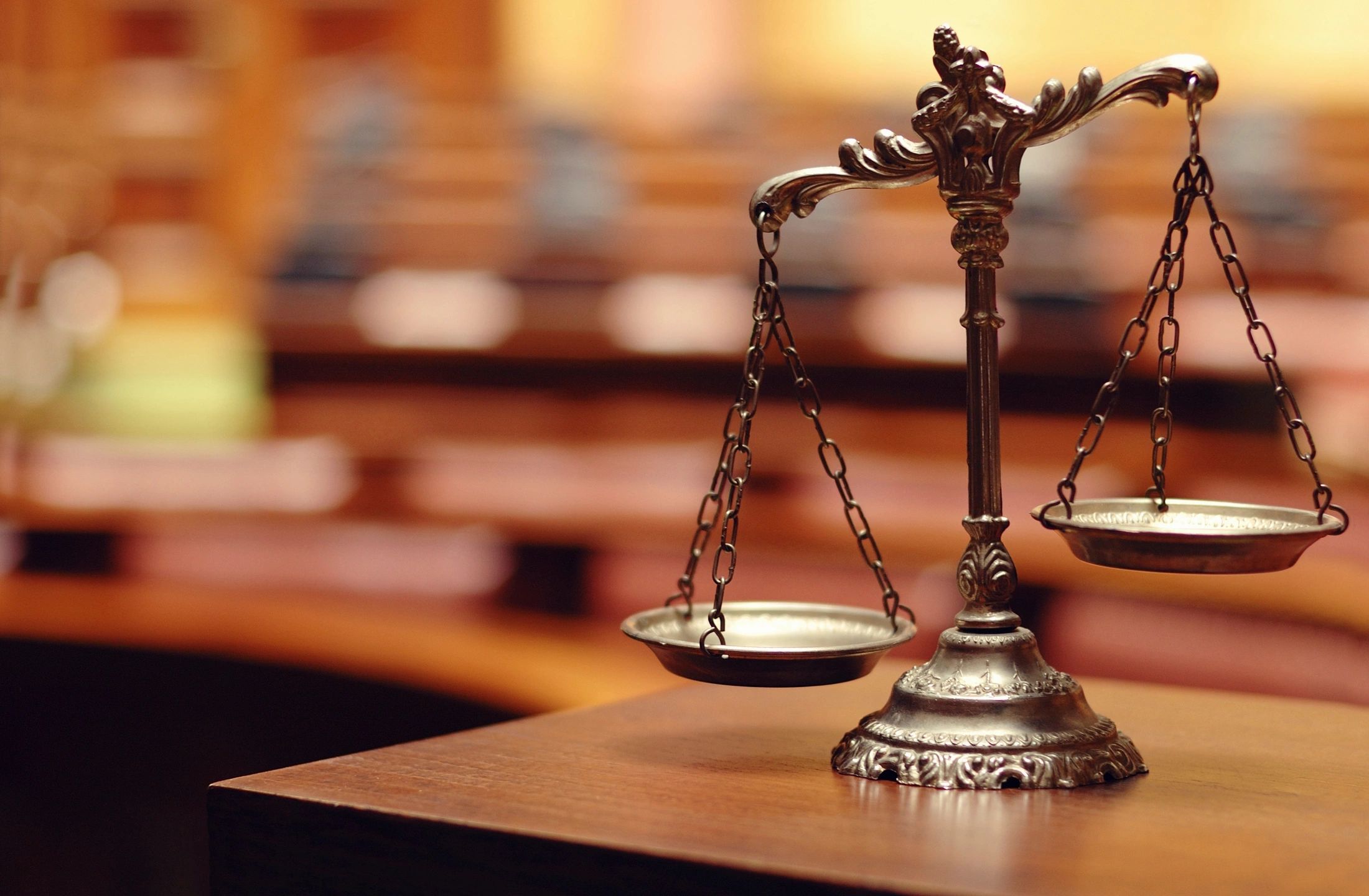The laws of car insurance vary by state, but most require that you have at least minimal coverage in the event that you are in an accident. You need to be able to show proof that you have car insurance if you are ever pulled over or involved in an accident. If you don’t have insurance, then it’s best to consult with an attorney as you could face fines, points on your license or insurance or even a ticket that you would need to fight in court.
Liability insurance is the basic coverage that will provide financial assistance to another person if you are responsible for an accident. The policy will cover repairs to the vehicle along with any medical treatments that are needed. Your policy could also cover a car rental for the person who is the victim if the car is damaged too much to drive until it’s repaired.
Many state laws require that an insurance policy includes medical coverage. This is so that the person who is injured in the accident can seek medical treatment as soon as the accident occurs. It could range from being transported to the hospital via ambulance or going to the doctor to get treatments related to the accident, such as therapy or x-rays. The policy holder’s coverage will generally cover payments for pain and suffering as well along with payments for lost wages if the person has to stay out of work as a result of injuries that are sustained in the accident.
Property damage is also included in most car insurance policies. It will cover the damage that occurs to a vehicle while you or someone else is driving. The coverage is to get the other driver’s car fixed and possibly cover your own vehicle if you have collision coverage added to the policy. This type of coverage will also pay for damage to poles, fences, posts, and other things that might get damaged in the accident even if there isn’t another car involved. As stated, collision covers your own vehicle if you are in an accident. If the other person doesn’t have insurance, then the collision is a benefit because it will offer a way for you to get your car fixed and get any medical treatment that is needed. The coverage will also pay for damage that is caused by potholes in the road in most states as this is a situation that needs to be maintained by state repair crews.
If your car is broken into or damaged by natural events or when you come into contact with an animal, comprehensive coverage will pay for the damages that are sustained. It also covers natural disasters, which include floods and hailstorms along with fires and vandalism. You can also add under-insured or uninsured coverage to your policy. This gives a cushion in the event that someone drives your car who doesn’t have a policy or if someone who hits you doesn’t have a policy.
Collision and comprehensive insurance usually aren’t required unless you are making payments on a car. You have a financial responsibility while you are driving on the road as does every other driver. If you cannot afford this responsibility, then there will be fees that you have to pay. When you get your tag renewed, there could be additional fees that you have to pay if you have a lapse in insurance coverage. If you don’t have insurance coverage and are in an accident, then you might be required to pay for damages and medical treatments out of your pocket. Some states will charge you with a crime if you don’t have insurance coverage and are in an accident. There are a few states that don’t require you to have insurance at all in order to drive. If you live in a state like this, then you need to be prepared to offer proof that you have the money set aside to cover damages and injuries if you are in an accident. A surety bond is an option if you need to have proof that you are financially responsible enough to operate a vehicle.
When you talk to a personal injury attorney about a lack of insurance coverage, you need to be prepared to explain why you didn’t have a policy while on the road. The attorney will contact the insurance company that you had coverage with to see how long it has been since it lapsed and to see if there were any other incidents that happened while you had coverage. If you’re in a no-fault state, then you can’t be named as a defendant even if you are responsible for causing an accident. A tort state is where the victim can sue you for the damages that are caused in the accident, which is why it’s important to speak with an attorney as soon as possible.

